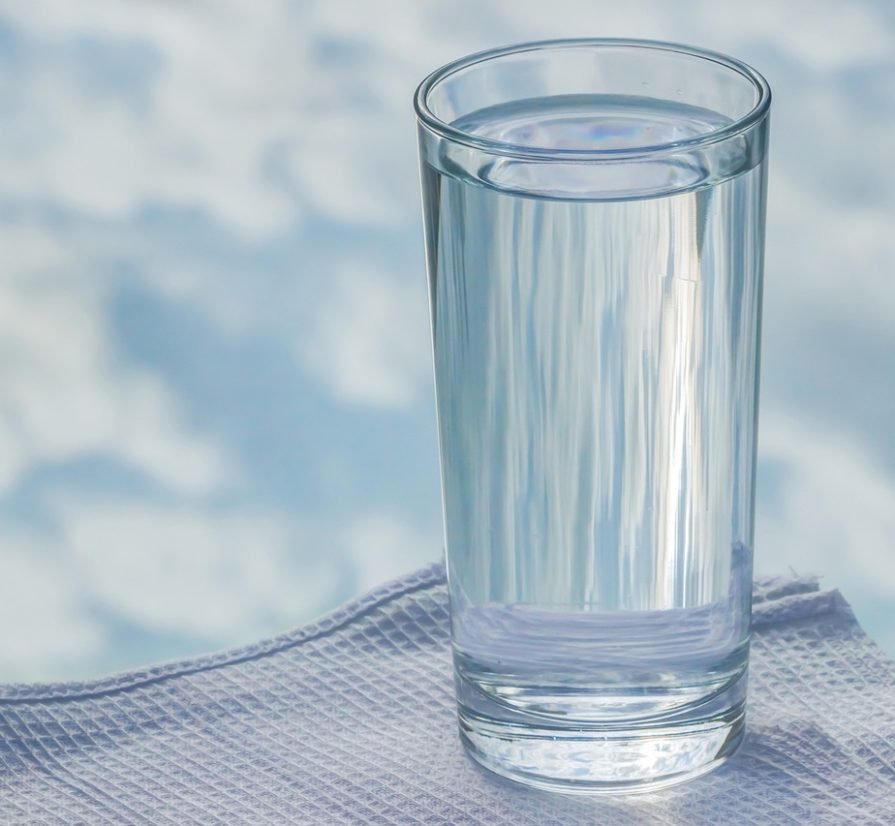
Water Softeners. Some might consider them a “luxury” item, while those in the know (plumbers) consider them a necessity in any residence! What should a woman know about water softeners? Well, these affordable appliances can save you money and energy. Keep reading for the breakdown on water softeners.
What? Water softeners use a three-phase system, termed “ion exchange,” to remove excessive minerals from your water supply. Like water heaters, water softeners need to be sized for your home and are based on the number of: fixtures, bathrooms and residents in the home. Most residential homes need a 40,000 to 90,000 grain capacity water softener.
THE LOOP. A softener loop is required to install a water softener. The loop may have already been pre-plumbed when your home was built. If it has been pre-plumbed with a loop, you are ready to install a water softener. However, if you do not have a loop, you will need to contact a licensed plumber to install a loop before a water softener can be installed. A loop can be installed on the hot water side, the cold water side or both. If your home came pre-looped usually the hot and cold sides are looped with the exception of the kitchen faucet.
Who? If you live in an area with hard water, you need a water softener. As a resident of San Antonio, I understand the effects of hard water on your plumbing system. San Antonio has infamously hard water, possibly due to the high amounts of limestone in the area.
Where? A water softener is typically installed next to your water heater, which is usually in your garage or attic. A water softener can be installed outside, preferably in a covered area. Keep in mind – the softener needs a power outlet to power the appliance. Water softeners are usually about four feet wide and about six feet high.
Why? Hard water can have negative effects on your pipes, fixtures, appliances, silverware, your hair and skin. Hard water contains minerals that can buildup and collect in your pipes and block water from efficiently running through your pipes. Appliances, such as dishwashers and water heaters, collect deposits of minerals, which are heavy and harder to heat than water. Basically, hard water makes your appliances work harder. Water softeners keep your appliances clear of mineral deposits, preserves your plumbing fixtures, prevents plumbing issues, saves energy, saves on household cleaning products, helps clothes last longer and keeps the natural oils in your skin and hair. This common household appliance can save you between $50-$100 each month!
Maintenance. You knew it was coming. Do not even consider getting a water softener if you do not intend on keeping up with maintenance. Water softeners require a yearly check up to ensure proper functions. Salt will need to be replaced every so often, depending on the amount of water consumption.

